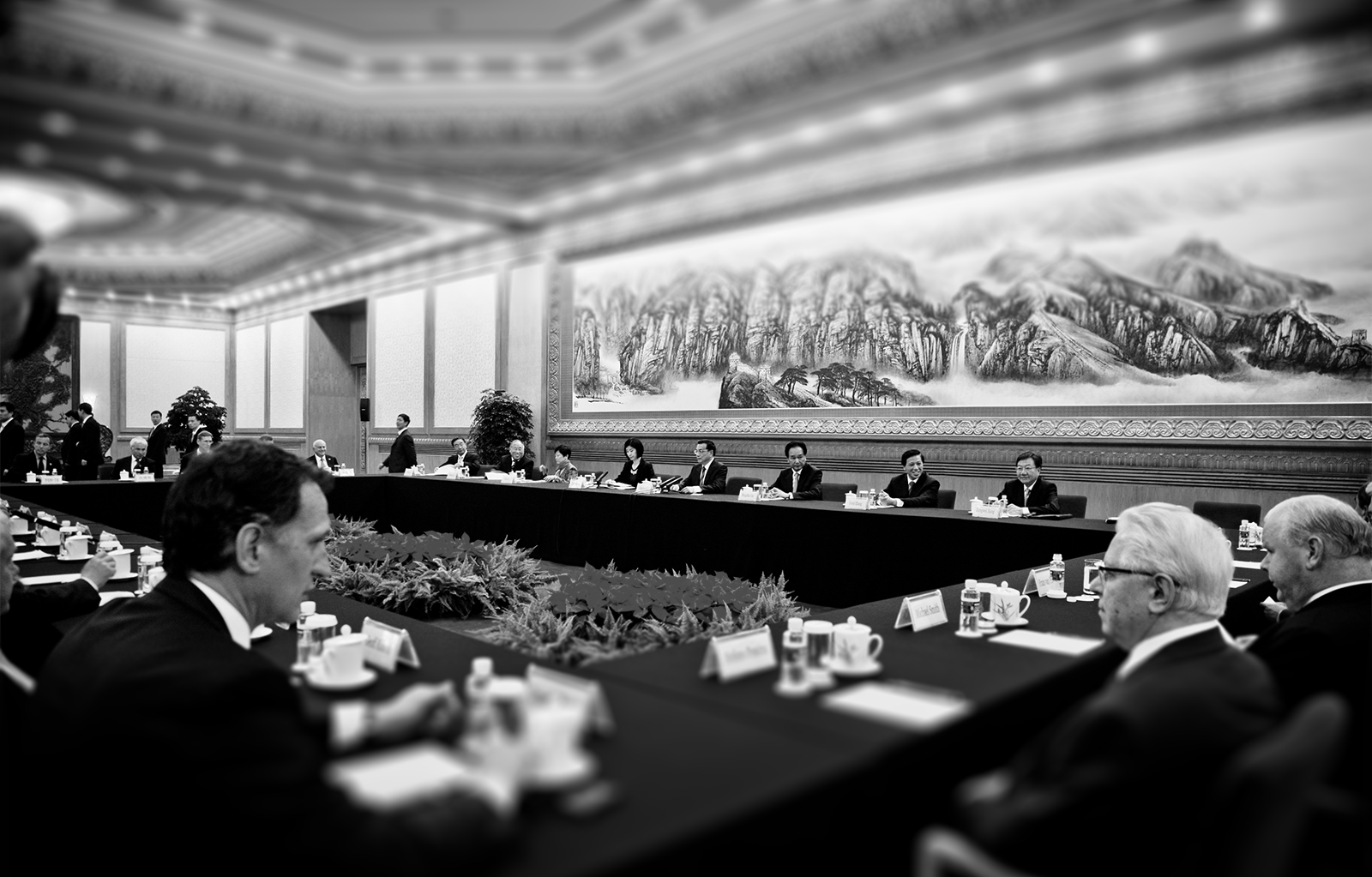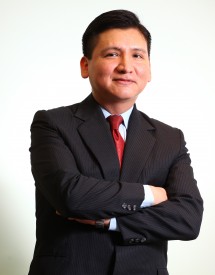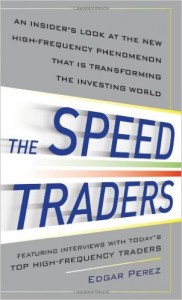- The Impact of Brexit in the U.K. and the World
Companies inside and outside Britain’s borders have warned that the Brexit decision is affecting their businesses, highlighting how the June vote for the UK to leave the European Union is having wide repercussions. The vote roiled equity markets worldwide and led to a devaluation of sterling amid concerns over a prolonged slowdown in consumer demand. The U.K.’s decision to leave the European Union inflicted an immediate blow on the economy as business activity shrank at its fastest pace since the last recession seven years ago. The International Monetary Fund said that it had become less optimistic on global growth, and warned the damage could worsen if confidence falters among investors and companies, as fears abound over businesses and customers reining in spending during a period of uncertainty for the UK as it negotiates the terms of its exit. Mr. Perez will identify the world economies that will feel the lion’s share of the short and long-term pain to come.
- Blockchain and its impact on China
Blockchain technology (the software behind the digital currency, Bitcoin) offers an opportunity to overhaul existing business models, including banking infrastructure, approach to settlements and customer interactions. Now it is only a matter of time before the broader financial services and banking industries shift to blockchain and network-based approaches. The application possibilities are endless, improving the way we hold and transfer secure goods from money to deeds to music to intellectual property. In fact, blockchain, as a pure platform technology, may be able to cut out the middlemen (or middle companies) everywhere, even disrupting other disruptors like Airbnb or Uber. Mr. Perez will explain why the question is not whether network business models supported by blockchain technology will disrupt organizations, but when.
- The Biggest Risks for Financial Markets
Constant regulatory changes and technological evolution have transformed the financial landscape so profoundly since the advent of the first electronic networks in the early 1970s. Regulators around the world are now in a race to respond to the evolution of technology in financial markets and prevent its operational challenges from becoming the biggest risk for financial markets. However, when considering technology and the cyber landscape, errors are bound to happen. Financial services firms are expected to have deployed the most sophisticated defense systems against cyberattacks. Trading firms are expected to have controls in place and invest in the technology to keep up to date. Most companies would realize the need of these investments and honestly attempt to implement them, but their IT departments would soon hit a wall, because of direct involvement from senior management and boards of directors. Compliance actions against those who missed their importance will go a long way toward restoring investor confidence and limiting the impact of the biggest risk for financial markets.
- Finance in the New Global Economy
Until quite recently, globalization was seen as a one-way street. Multinationals, which led the charge four decades or so ago into growing global markets, were its ambassadors, and American and European workers, whose wages and upward mobility were flattened, were feeling left out. The core idea was that globalization, technological innovation and unfettered free trade would erase historical and geographic boundaries, making the world ever more economically interconnected and alike. Developed economies would come under more and more competitive pressure from eager upstart nations. Now we are entering a new age of volatility. Financiers will become less important, manufacturers more so. Blue collar jobs will go high tech. Robots will replace Chinese workers. Mr. Perez will discuss why finance stands now in front of its biggest transformation triggered not by any of the financial conglomerates that dominate the world today but by obscure startups that could be working already in garages in Silicon Valley, Shanghai, Kiev or Delhi.
- China: To Rebalance or not to Rebalance
China’s 12th Five-Year Guideline in 2011 included efforts to rebalance its economy, shifting emphasis from investment towards consumption and development from urban and coastal areas toward rural and inland areas. Flash forward to 2016 and the country is exhibiting massive overcapacity in sectors linked to real estate, steel, cement, coal and construction equipment, zombie businesses continue to undermine the sustainability of China’s growth and exports are declining. At 260% of gross domestic product, the country’s overall debt is approaching danger levels. The world’s second-largest economy is now posting its weakest annual growth in 25 years, 6.9% for 2015. To top it all, $676 billion left China in 2015; with so much overcapacity in China, lack of confidence in the future as monetary policy can change tomorrow, why should people keep money inside China? Why should we bet on China? Mr. Perez will bring the answers you are looking for.
- Social Engineering: The “weakest human link” in Cybersecurity
Social engineering involves tricking your employees into breaching security protocols or giving away information, most often over the telephone or via email. Social engineering exploits human weaknesses rather than technology, preying upon people’s propensity towards trust in particular. Often, these exploits are used to gather information to support a more targeted cyberattack, with the initial forays based on the premise of ‘little and often’ so as not to cause concern. Employees at all levels, including senior executives, are vulnerable. Mr. Perez will explain why by improving employee awareness and introducing simple technical measures, organizations can protect themselves against social engineering techniques and the risk of a cyberattack and its potential impact on business, customers and data.
- The Importance of the Cybersecurity Framework for Directors and CEOs
An email embedded with malware. Security systems hacked by thieves. Credit card numbers stolen from store purchases. There’s certainly no shortage of examples when it comes to data security breaches and the havoc they wreak on business. No wonder then that nearly a third of CEOs in KPMG’s latest global survey identified cyber security as the issue having the biggest impact on their companies today. Every organization should apply a Cybersecurity Framework for analyzing cyber security, and ideally it should be integrated into an organization’s existing enterprise risk framework. The key is making it part of the mainstream of risk management within an organization. The most innovative companies today have recognized that cyber security is a customer experience and revenue opportunity, not just a risk that needs to be managed. Mr. Perez will explain why this must done across the entire organization and why the CEO and Board of Directors have the most important role to play.
- Establishing or Improving a Cybersecurity program
The NIST Cybersecurity Framework, which was drafted by the Commerce Department’s National Institute of Standards and Technology (NIST), comprises leading practices from various standards bodies that have proved to be successful when implemented, and it also may deliver regulatory and legal advantages that extend well beyond improved cybersecurity for organizations that adopt it early. Its adoption may prove advantageous for businesses across virtually all industries. Mr. Perez will explain why a proper Cybersecurity Program will build on the analysis of the possible areas of concern, an understanding of the company’s most critical assets, and a thorough review of Information Technology’s policies and procedures when faced with cybercrime.
- The Present and Future of High Frequency Trading
On May 6, 2010, the Dow Jones Industrial Average plummeted nearly 1,000 points, then its biggest intraday point drop ever. The “Flash Crash” revealed the influence of high-frequency trading to mainstream audiences around the world. In fact, over the past 15 years, the global financial market has fragmented: where there were once three main U.S. exchanges, there are now more than 40 exchanges and alternative trading systems. High-frequency trading companies have largely replaced traditional broker-dealers, using algorithms instead of human traders to make decisions in milliseconds, mostly in response to orders made by other algorithms. Mr. Perez will discuss the benefits brought by technology, making trading faster and more efficient, as well as the potential costs brought upon institutional and retail investors.
The Ultimate Business Disruptor: Quantum Computing
Classical computing was invented in the 1940s; the advent of Quantum Computing (QC) will render all what we have learned about these computers obsolete. Calculations that would take longer than a human’s life span to work out on a classic computer can be completed in a matter of days or hours with QC. Furthermore, QC will enable solving a set of problems that couldn’t be solved before. QC’s benefits include efficiently simulating new drug molecules and dramatically reducing the time complex financial calculations take, among many others. For optimization, sampling or search problems, this promises dramatic speedups. Mr. Perez will entertain your audience while revealing why Quantum Computing will disrupt every industry.
- The Artificial Intelligence Breakthroughs that are Changing the World
Artificial intelligence has been referred as the general ability of a digital computer or computer-controlled robot to perform tasks commonly associated with intelligent beings. Since the development of the digital computer in the 1940s, it has been demonstrated that computers can be programmed to carry out very complex tasks with great proficiency. Through a comprehensive review of the latest artificial intelligence breakthroughs, Mr. Perez will offer his insights on how these advancements will impact businesses and the human race in general for years to come, and more specifically, how companies can leverage the plethora of available resources to start implementing solutions to problems that only a few years ago belonged to the real of science fiction. Mr. Perez will reveal why artificial intelligence is the present and the future.
- Achieving Deep Impact with “State-of-the-art” Deep Learning
Deep learning has enabled many practical applications of artificial intelligence in today’s organizations. Deep learning breaks down tasks in ways that makes all kinds of machine aids seem possible, even likely. Driverless cars, better image recognition, more effective medical diagnoses, even better movie recommendations, are all here today. Mr. Perez will identify what organizations need to do today to embrace the future, starting with the basics: empowering their employees and turbocharging the organization’s data strategy. Once these two important tasks are accomplished, organizations can then launch pilots for the most promising opportunities, leveraging “state of the art” cases from today’s global innovators such as Google, Facebook, Apple and Tesla. Mr. Perez will show organizations how to kick start their deep learning transformation.
- Managing the Upcoming Tsunami of Unstructured Data with Artificial Intelligence
The Internet of Things (IoT) explosion will see 20.8 billion connected devices deployed by 2020. The volumes of data generated will become a tsunami that firms will need to transform into actionable information. Unfortunately, most firms only look at the easy information they can get from structured data while ignoring their unstructured data, which accounts for 90 percent of content generated globally, making unstructured data a tremendous source of untapped value. Artificial Intelligence is making it possible and affordable to sift through and find meaning in vast amounts of unstructured data obtained from video, audio, emails, logs, social media posts and IoT devices. All of this data can bring about enormous benefits; Mr. Perez will show organizations how to reap these benefits today.




